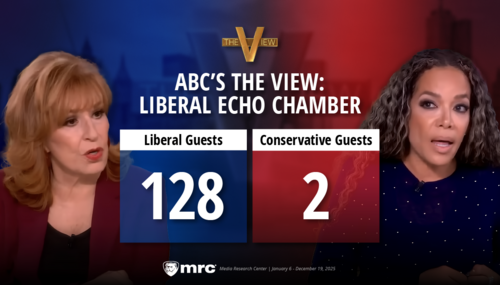
Schorr explored blame for that mysterious "series of tubes" that is the Internet: "From what is publicly known about Maj. Nidal Hasan, accused killer of 13 in a rampage at Fort Hood, he had no accomplice — unless you count the Internet in which he communed, exchanging sinister thoughts with an extremist cleric."
This is the kind of analysis that would inspire humor, if it wasn't already odd: if we can blame the Internet for Fort Hood, does that mean Al Gore is somehow responsible for the tragedy?
The long-time CBS correspondent didn’t really want to rush to blame a radical imam for Major Hasan’s violent turn:
In the case of Hasan, judging from what has been disclosed, Internet contact with the like-minded seemed to replace human contact. An important influence, apparently, was Anwar al-Awlaki, a radical imam....
Texts of the messages have not been released, so it is difficult to know who said what to whom. It is not known whether Fort Hood or any other target was specifically discussed. But the tone of the relationship can be judged by a message Awlaki posted on his Web site after the Fort Hood attack. It said, "Fighting against the U.S. Army is an Islamic duty today."
The cleric told an interviewer, according to The Washington Post, that he never directed or pressured Hasan to harm Americans. But he said that he was the major's confidant by e-mail.
And he said the Fort Hood attack was allowed by Islamic law because it was a form of jihad, permissible because the United States had brought the battle to Muslim countries.
Is the radical imam culpable for retroactively justifying the attack? Or does the Internet merit some of the responsibility for helping the violence prone to fester there in communion with the machine?
At best, it seems a little too early to blame the imam just for "retroactively justifying the attack," when it's not yet known what kind of conversation Hasan and al-Awlaki were conducting before the attack occurred.
(Hat tip: Dennis L.)




